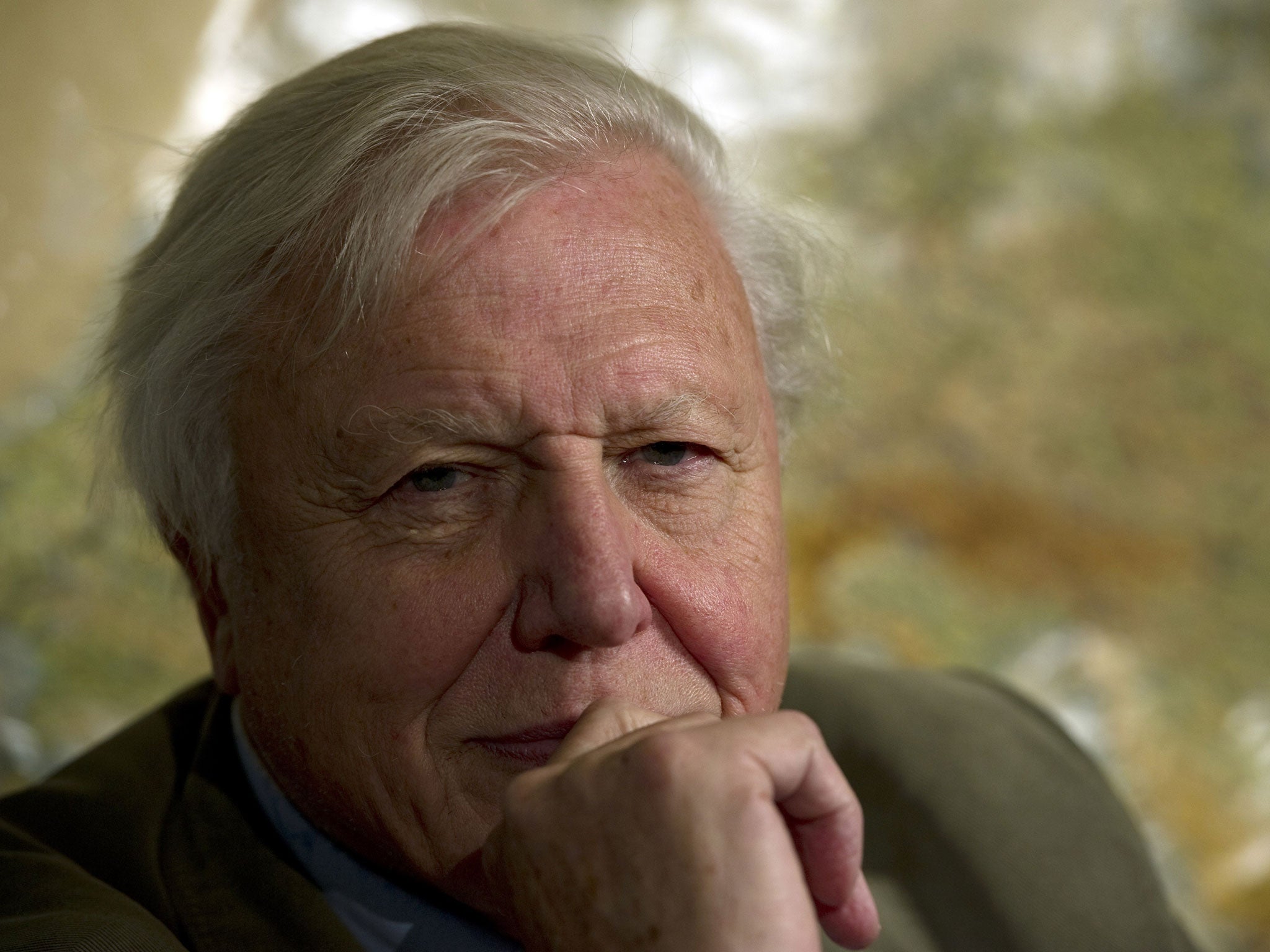Cut childcare costs by having fewer children, says Population Matters
It's a theory that hasn't been proposed by politicians yet

Your support helps us to tell the story
From reproductive rights to climate change to Big Tech, The Independent is on the ground when the story is developing. Whether it's investigating the financials of Elon Musk's pro-Trump PAC or producing our latest documentary, 'The A Word', which shines a light on the American women fighting for reproductive rights, we know how important it is to parse out the facts from the messaging.
At such a critical moment in US history, we need reporters on the ground. Your donation allows us to keep sending journalists to speak to both sides of the story.
The Independent is trusted by Americans across the entire political spectrum. And unlike many other quality news outlets, we choose not to lock Americans out of our reporting and analysis with paywalls. We believe quality journalism should be available to everyone, paid for by those who can afford it.
Your support makes all the difference.Whilst Labour, the Lib Dems and the Conservatives prepare rival childcare policies in the run up to the next election, this group has come up with an altogether simpler suggestion.
The best way to reduce childcare costs is to have fewer children, says Population Matters, a campaign group which aims to reduce the environmental impact of population size.
Sir David Attenborough, who is a patron of the organization, has long been outspoken on the matter of swelling populations. In September last year he said sending food aid to famine-ridden countries was “barmy" and insisted the world was “heading for disaster” unless we acted.
He warned that unless human beings do not act soon the “natural world will do something”.
His comments came after he described humans as a “plague on the Earth” that need to be controlled by limiting population growth.
The naturalist is not alone in his views. For many something far scarier than Halloween took place on October 31 2011: the seven billionth human being was born onto this planet. To put this huge increase in the global population into perspective, that’s six billion more people than were alive at the turn of the 19th century.
It is now estimated the world’s population will reach 9.7bn by 2050, according to a bi-annual report by the French Institute of Demographic Studies. This follows a UN study last June which said the global population would swell to 9.6 billion in 2050. We will increasingly have a much older population too, with the number of people aged 60 and above growing from 841 million now to two billion in 2050.
Simon Ross, chief executive of Population Matters said: “In an ever more crowded world, it is time to end the system whereby the majority subsidise the minority who choose to have large families. We don't need more people. Childcare and other state support should be limited to the first two children.”
Iain Duncan Smith proposed that families should only get child benefit for the first two children in January, in plans reportedly being studied as key policy for the Conservative party manifesto of 2015. However Nick Clegg dismissed his suggestions, describing them as a "Chinese-style" crackdown on parenting.
Although cutting child benefit is an hotly debated issue, this isn't the first controversial stance taken by Population Matters. Earlier in January, they argued that Western countries should not accept Syrian refugees because many of these nations were already overpopulated and unsustainable in terms of resource use and the environment and quality of life. Using conflict situations to override border and citizenship controls will only worsen this trend. Instead they argued that prioritising funding for refugees in countries which neighbour the conflict zone was more sensible.
Join our commenting forum
Join thought-provoking conversations, follow other Independent readers and see their replies
Comments